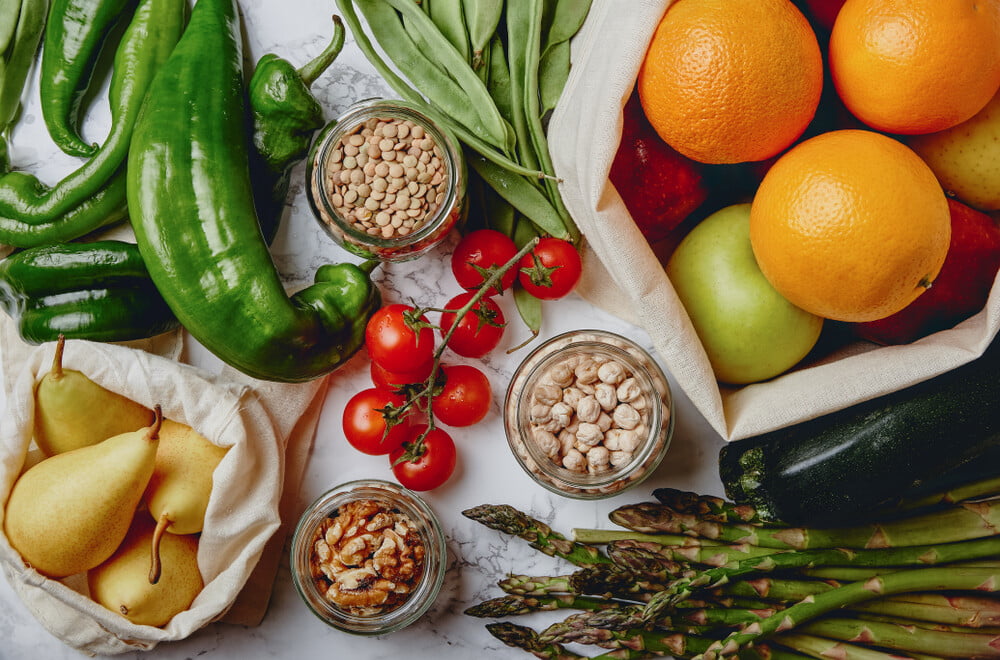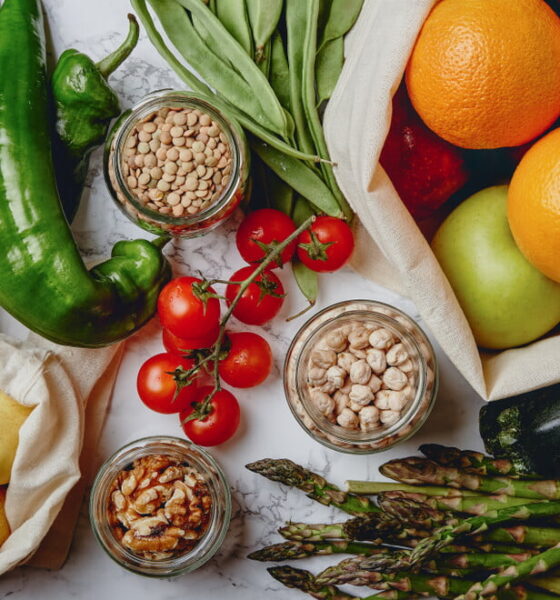

Environment
The Importance Of Reducing Food Wastage: Effects And Options
To understand the growing importance of reducing food waste, we need not look any further than the ongoing situation with this epidemic itself, and what happened in the last few months. Stay with us as we take a fact-based, introspective look through the dire importance of saving and redistributing food, as well as the effects it can lead to on failing to do so.
The Lockdowns Were Effective in Preventing a Faster Spread, but the Idea was Not Farsighted
When the world first started going into lockdown back in late March to Mid-April, it was believed that the disease could be avoided by social distancing. While that proved effective to a great extent, and self-quarantine still remains the most valid way to remain safe, the lockdowns themselves were not sustainable. In other words, staying safe by staying home was not a feasible strategy in the long term, both financially and functionally, even though it was effective in slowing down the spread.
Starvation is a Bigger Concern than Covid-19
As of now, multiple nations are in the process of exiting their respective lockdowns, in spite of over a thousand people dying every day in the United States alone from Covid-19. This experience brought forth a basic truth to light; some of us may not survive the viral epidemic, but nobody will survive starvation.
People have already died from starvation in various sections of the world, but the lesser developed nations have suffered the worst consequences because of lockdowns. According to a post on Forbes in July, the total number of people who are likely to die from starvation and malnutrition in America by the end of 2020 may eclipse the number of deaths caused by the epidemic. Therefore, it is the duty of every human being, citizen and business to do their bit for reducing food wastage in any possible way that they can.
Understanding the Importance of Reducing Food Wastage Over Bumping Up Food Production
It should be understood that as of now, there is no food shortage in the sense that sufficient food is present to feed the whole nation for a significant amount of time. Unfortunately, the problem presents itself in three separate aspects:
- Distribution and redistribution of the manufactured food via a weakened supply chain
- Unfair distribution of the available food
- With millions of jobs lost, a lot of people do not have the money to feed themselves or their families
Commercial Measures for Reducing Food Waste
Commercial ventures often end up wasting food, energy and money by not having a proven waste reduction and management plan in place. This does not just apply to the food industry, but every industry in general. If more commercial ventures started to help proactively, then they can save hundreds of thousands of people from starving.
From large chain restaurants to packaged food manufacturing plants, if even a portion of the small and large establishments came together and simply donated their unused perishables, lives could be saved. This is just one of various other steps that can enable a business to lower its expenses, help with the food crisis and boost profits at the same time, but for that, you will need a sound waste reduction and management plan which is more like this one on Waste Away Systems.
Community Measures to Take for Reducing Food Wastage and Unfair Distribution
Regulation by the Authorities – When everyone in a community/locality is regulated by the local authorities in regard to their purchases and sales of essential commodities, ensuring fair distribution would be possible.
Self-Regulation – If more people remained proactive in limiting their purchasing of essentials to quantities that they truly need, then more members of the community can be saved from starvation.
Sharing – If you have the means to buy enough, keep what you need and share the rest among those who can’t afford to buy groceries anymore.
Connect with Local Organizations for Donations – Donate your surplus food, even if it is cooked. Chances are that you can find local groups online to distribute the excess food for you.
Things will improve eventually, but before that time comes, everyone needs to get involved and prevent food wastage as best as possible. Even lost pets and stray animals are starving alongside people, so don’t hesitate to feed a few starving animals and birds with your leftovers if you can.


 Environment12 months ago
Environment12 months agoAre Polymer Banknotes: an Eco-Friendly Trend or a Groundswell?

 Features11 months ago
Features11 months agoEco-Friendly Cryptocurrencies: Sustainable Investment Choices

 Features12 months ago
Features12 months agoEco-Friendly Crypto Traders Must Find the Right Exchange

 Energy11 months ago
Energy11 months agoThe Growing Role of Solar Panels in Ireland’s Energy Future




























